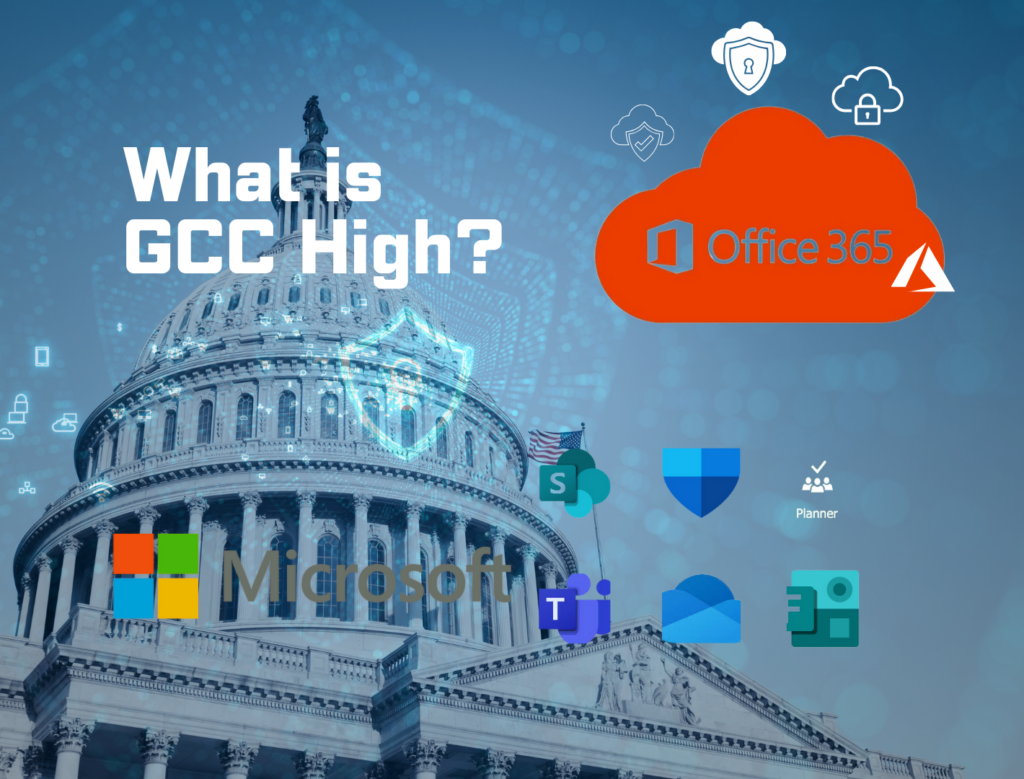How the California Privacy Rights Act Will Affect Businesses and Consumers
The California Privacy Rights Act’s Origins
In 2018, the California Consumer Privacy Act (CCPA) was born. It was the first big privacy law in the U.S. and gave Californians rights over their personal information. But it had some problems, like unclear language. So, in 2020, people created the California Privacy Rights Act (CPRA) to fix these issues.
What’s in the California Privacy Rights Act?
The CPRA adds new rules to the CCPA. It has important features for businesses and people:
- New enforcement agency: The CPRA creates the California Privacy Protection Agency (CPPA) to protect privacy rights.
- Bigger definition of personal information: The CPRA includes sensitive information like race and health.
- Higher fines for breaking the law: Businesses can face fines up to $7,500 for each intentional violation.
- Right to fix personal information: Californians can correct wrong personal information.
- Right to limit sensitive information use: Californians can control how others use their sensitive information.
How Will the CPRA Affect Businesses?
The CPRA changes how businesses handle Californians’ personal information:
- New rules to follow: Businesses need to create plans to follow the CPRA’s rules.
- Better data protection: Businesses must use encryption and access controls to protect personal information.
- Bigger fines for breaking the rules: Businesses could face fines up to $7,500 per intentional violation.
- New rules for keeping data: Businesses might need to delete personal information after a certain time.
How Will the CPRA Affect Consumers?
The CPRA also changes things for people in California:
- More privacy rights: Californians get more rights, like fixing wrong personal information and limiting sensitive information use.
- More control over information: Californians can stop the sale of their personal information.
- More openness: Businesses must be clearer about how they collect and use data.
Conclusion
The CPRA changes things for businesses and people in California. Businesses must create new plans to follow the rules, while people get more privacy rights and control. The CPRA is a big step in protecting Californians’ privacy and might be a model for other states. At Cleared Systems, we care about protecting data and helping businesses follow privacy laws. We offer services to help you with data privacy rules and protecting data.
If you’re worried about the CPRA and your business, or if you need help with data privacy, contact us. Our experts can check your data protection, find ways to make it better, and create custom solutions for your business. Don’t wait. Contact Cleared Systems now and start protecting your business and customers’ privacy.
Share in Social Media
See More Case Studies

Securing Defense Contracts: A DFARS 252.204-7012 Compliance Case Study
Discover how Cleared Systems helped a Federal Contractor successfully achieve DFARS 252.204-7012 compliance by strengthening its cybersecurity posture, giving it a competitive edge when bidding for DoD Contracts.

What is GCC High? For ITAR & CMMC 2.0
Microsoft 365 Government Community Cloud (GCC) High is a specialized cloud solution tailored for U.S. federal, state, local, tribal, and territorial government organizations, as well as for contractors who hold or process data subject to specific security regulations. In this article, we will explore the features, benefits, and differences between Microsoft 365 GCC High and other Office 365 offerings.

Is AutoCAD ITAR Compliant? A Comprehensive Guide for Defense Manufacturers
Defense contractors and manufacturers working with sensitive military technologies face a critical question when selecting computer-aided design software: Is AutoCAD ITAR compliant? This question becomes

How to Get Help in Windows: Guide to Security and Compliance Support
In today’s digital landscape, ensuring your computer systems are secure and compliant with industry regulations is essential for both businesses and individuals. Windows, as one

Microsoft Copilot for GCC High: Enhancing Security and Compliance
In today’s fast-evolving digital landscape, organizations that handle sensitive data, particularly those in government sectors or defense contractors, face growing pressure to maintain strict security
Partner with Us for Compliance & Protection
We’re happy to answer any questions you may have and help you determine which of our services best fit your needs.
Your benefits:
- Client-oriented
- Security
- Compliance
- Peace of mind
- Efficiency
- Trust
What happens next?
Schedule an initial meeting
Arrange a discovery and assessment call
Tailor a proposal and solution
